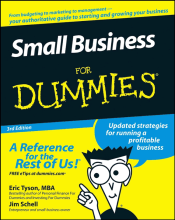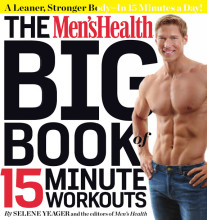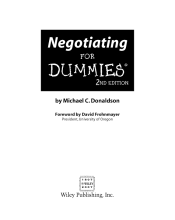The Owner's Responsibilities in the Start-Up and Beyond
14 important questions on The Owner's Responsibilities in the Start-Up and Beyond
What is workers' compensation insurance?
What is the experience modification factor?
What is the job classification the state assigns each job?
A particular rating - and subsequently a particular premium - based on the estimated level of risk involved in the performance of that job. The higher the job classification, the higher the cost for you. Because the classification criteria are often fuzzy, argue for the lower classification when possible.
- Higher grades + faster learning
- Never study anything twice
- 100% sure, 100% understanding
Why should small-business owners aim for a two-year lease of their space?
Why are employee records important?
- Employment agreements (including salary history)
- Performance reviews
- Business goals
- Commendations
- Reprimands
Which tips should be followed to guard your cash like it's your life, because it is (well, it's your business life, anyway)?
- Schedule an audit at the end of every year. Simply ask your certified public accountant (CPA) to spend half a day reviewing your books. Your CPA knows the sensitive areas to focus on.
- Make sure your bookkeeper takes a vacation every year. Most bookkeepers who are siphoning off their employers' cash don't want anyone else probing their books, even for short periods of time.
- Review and approve every invoice yourself.
- Balance the bank statement yourself.
- Require two signatures on every check (or require one signature - yours).
Which small-business functions are most frequently outsourced?
- Accounting and Bookkeeping
- Human Resources
- Manufacturing
- Sales (potentially dangerous)
What does Human Resources include?
- New-employee hiring procedures
- Policies and procedure manuals for employees
- Payroll and related information-gathering systems
- Employee training on human resource issues
- Employee training on a wide variety of sensitive issues, such as ethics and sexual harassment.
Which three options can be considered when determining which accounting system to employ?
- An outside accounting service
- An in-house manual bookkeeping system
- An in-house computer-based accounting system
What are journals and ledgers?
What are the four categories of computerized systems?
- Quick and easy: they're basically an electronic checkbook register with the capacity to categorize and cumulate expenses and generate both profit and loss statements and balance sheets. The most often used example of Category 1 is Quicken.
- Plus payroll and inventory
- Following the audit trail
- Modular power
Which two kinds of expenses need to be controlled?
- Fixed expenses: those expenses that don't fluctuate with sales, including such categories as insurance, rent, and equipment leases. Effective control of fixed expenses requires your skillful negotiation, because after they're established, renegotiation time probably won't come around for a while, which means you're stuck with them.
- Variable expenses: those expenses that fluctuate with sales. These expenses include cost of goods sold, sales commissions, and outbound freight. You need to approve all purchase orders and sign all checks that relate to variable expenses, the responsibility for controllin them always rests with you.
What is adjusted-for-inflation budgeting?
When do you need a lawyer?
- When forming your corporation or LLC.
- When taking in a partner or partners.
- When creating shares of stock in your company - for you and for others.
- When signing a lease, contract, or binding agreement.
- When buying or selling a business.
- When dealing with someone else's attorney on a conflictive issue.
- When creating an employee handbook.
- When designing employee bonus programs that result in company ownership for the employees.
- When dealing with a situation that could result in expensive litigation (such as terminating a longtime employee).
- When considering bankruptcy (we hope that never happens).
The question on the page originate from the summary of the following study material:
- A unique study and practice tool
- Never study anything twice again
- Get the grades you hope for
- 100% sure, 100% understanding
































